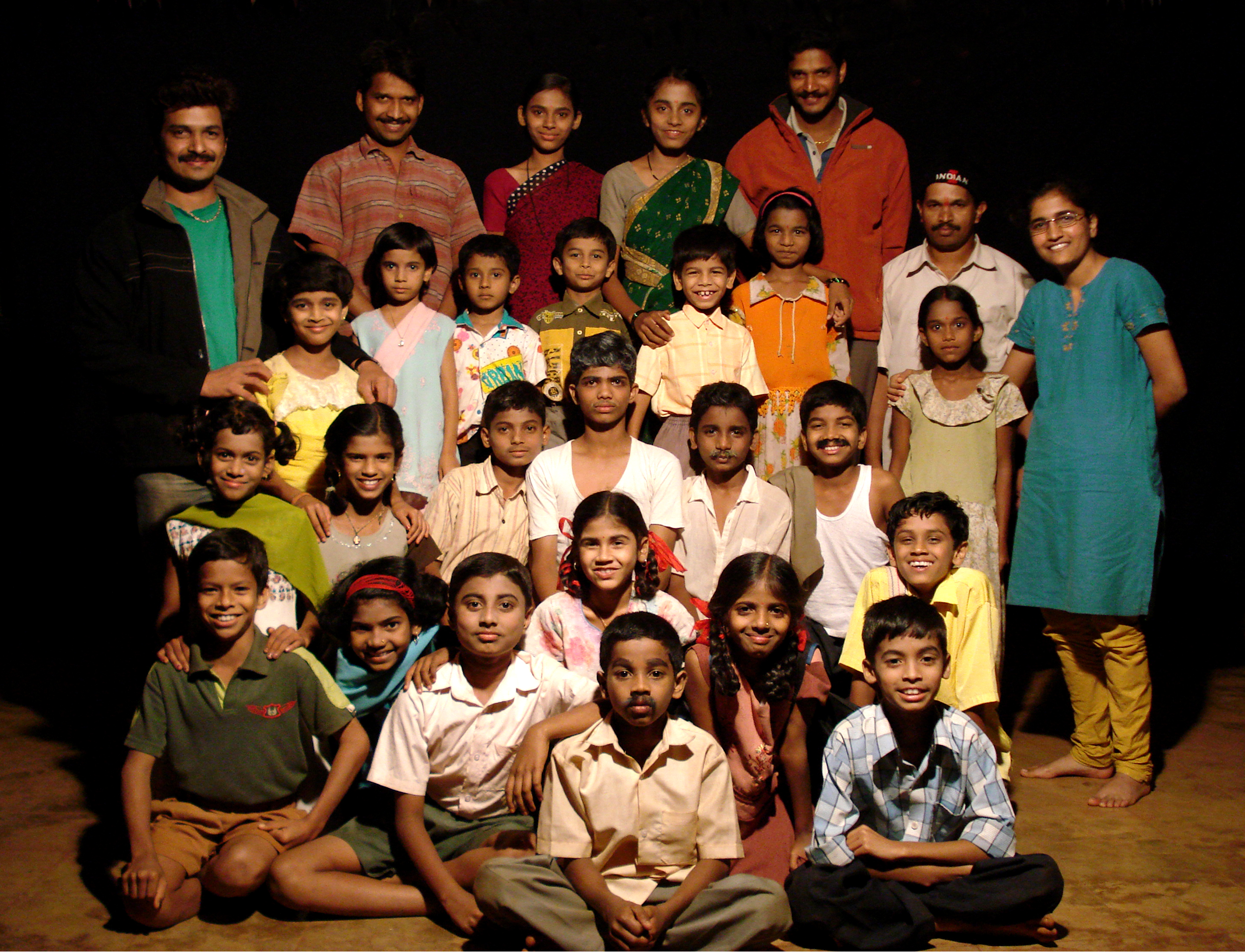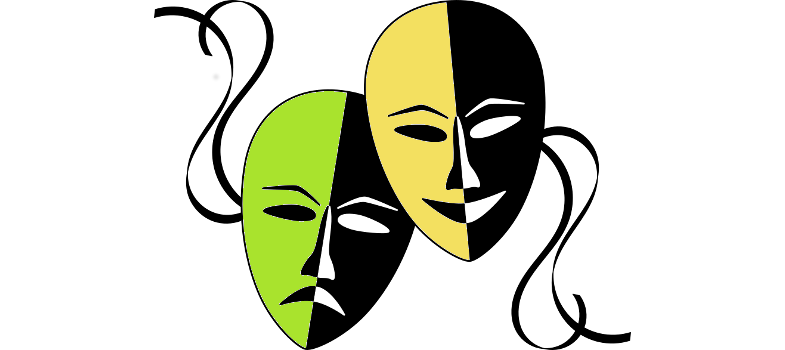Before the rehearsals

CC-BY-NC-ND, Rajendra Chavan
Nothing like having the whole team together and eager to do a venture of creating a new play!
Before the rehearsals
Preparing a team and minds for theatre
It is a will that takes you to any action. Theatre will also start with the firm intention to do it. You start the team from yourself. If you have a strong will to do a theatre, you will find ways to do it. So be the first charged particle and enjoy being charged.
Are you doing theatre for children for the first time?
If you are doing theatre for children for the first time, It is the right decision on your part. Finding time from your routine and utilizing it for theatre for children will count as a service to humanity. Yes, Through theatre, you can bow seeds of good thoughts and start the change you expect. It will increase your friend list. All these smaller friends will always remember you for the time and ideas you shared with them.
Time to study
The period before the rehearsals is a critical phase in the process. Because there are very few occasions to meet students, it is the time for the writer and director/Children’s theatre practitioner to study and orient students towards theatre. We can achieve this orientation in various ways.
Call them at least once in a week for two-three hours and keep the candle of theatre thoughts burning.
You can have a place to meet, convenient for all, equipped with musical instruments, levels, and big enough to accommodate 25 students at least.
Here you will accompany students and engage them in some creative and innovative activities. These meetings will make you aware of their capabilities and likings.
Let them tell stories and enact them.
Let them play the games they like.
Read books to them.
Let them sing poems together.
Ask them to read aloud.
Give them subjects and let them debate.
You can study children about their behavior, their routine, and their thoughts.
Keep children in touch with all art forms.
Take them to theatre festivals, drawing exhibitions, music concerts, etc.
Are you doing theatre for children for the first time?
If you are doing theatre for children for the first time, It is the right decision on your part. Finding time from your routine and utilizing it for theatre for children will count as a service to humanity. Yes, Through theatre, you can bow seeds of good thoughts and start the change you expect. It will increase your friend list. All these smaller friends will always remember you for the time and ideas you shared with them.
Let them play the games they like.
Read books to them.
Let them sing poems together.
Ask them to read aloud.
Give them subjects and let them debate.
You can study children about their behavior, their routine, and their thoughts.
Keep children in touch with all art forms.
Take them to theatre festivals, drawing exhibitions, music concerts, etc.
Theatre on mind all the time
For children's theatre practitioners, it is helpful to have theatre- thoughts at the back of their minds.
These thoughts may be about:
- the ideas used in the past performances,
- feedback from the audience,
- a few sentences by a fellow theatre person after seeing a performance,
- memories from the rehearsal days, and
- possibilities about the scripts in the future.
Part of the mind may be busy :
- in keeping notes about dramatic events in day to day happenings. - Reading about theatre may be the first choice for reading. It may be a theater review in a newspaper or on the internet.
- To know about experiments in theatre around is like updating oneself. - reading books about theatre and books for children too.
- the ideas used in the past performances,
- feedback from the audience,
- a few sentences by a fellow theatre person after seeing a performance,
- memories from the rehearsal days, and
- possibilities about the scripts in the future.
